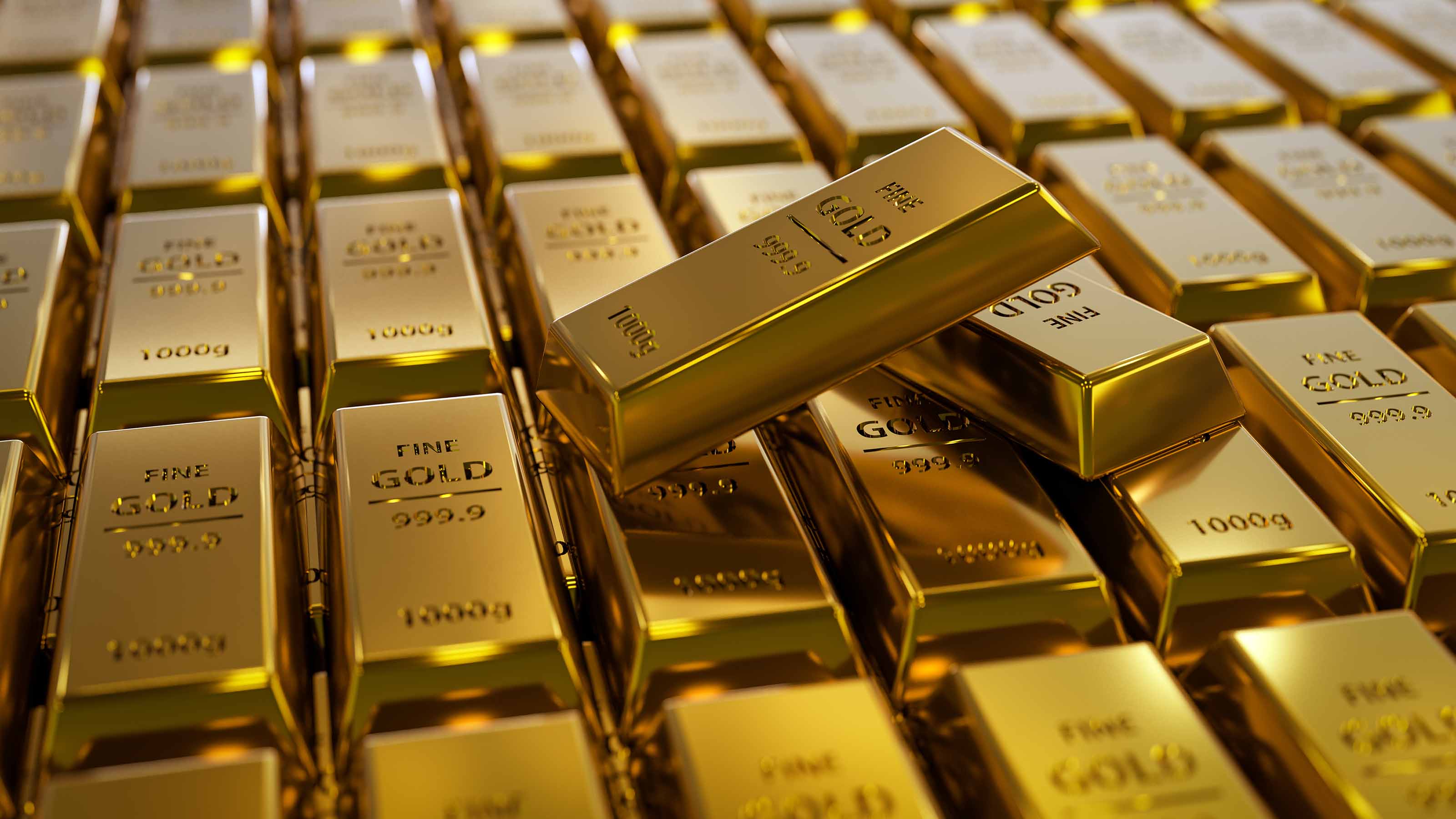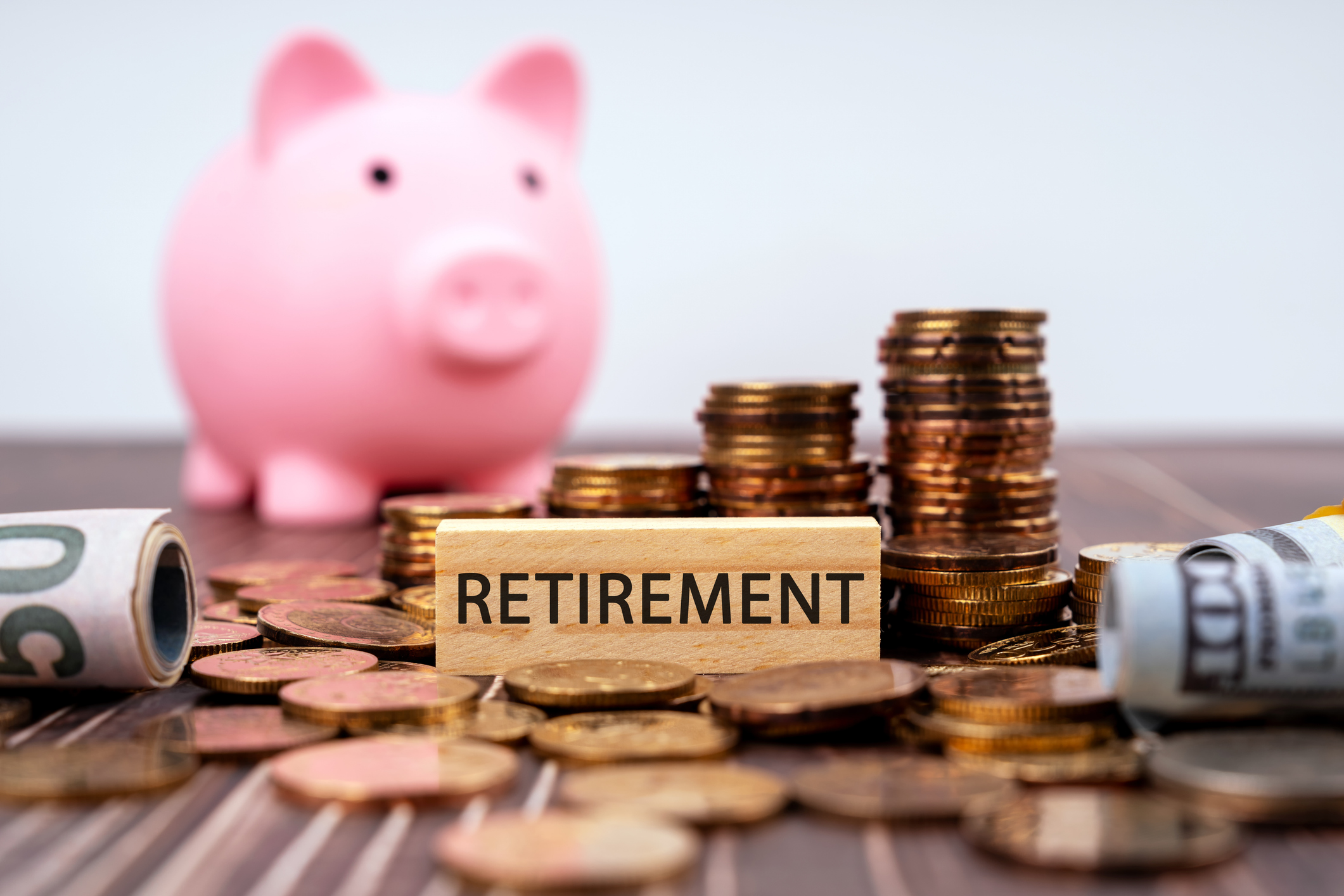Why European Stocks Are Worth a Second Look
Best bets for investors will be those companies with strong sales outside the Euro zone.

Profit and prosper with the best of Kiplinger's advice on investing, taxes, retirement, personal finance and much more. Delivered daily. Enter your email in the box and click Sign Me Up.
You are now subscribed
Your newsletter sign-up was successful
Want to add more newsletters?

Delivered daily
Kiplinger Today
Profit and prosper with the best of Kiplinger's advice on investing, taxes, retirement, personal finance and much more delivered daily. Smart money moves start here.

Sent five days a week
Kiplinger A Step Ahead
Get practical help to make better financial decisions in your everyday life, from spending to savings on top deals.

Delivered daily
Kiplinger Closing Bell
Get today's biggest financial and investing headlines delivered to your inbox every day the U.S. stock market is open.

Sent twice a week
Kiplinger Adviser Intel
Financial pros across the country share best practices and fresh tactics to preserve and grow your wealth.

Delivered weekly
Kiplinger Tax Tips
Trim your federal and state tax bills with practical tax-planning and tax-cutting strategies.

Sent twice a week
Kiplinger Retirement Tips
Your twice-a-week guide to planning and enjoying a financially secure and richly rewarding retirement

Sent bimonthly.
Kiplinger Adviser Angle
Insights for advisers, wealth managers and other financial professionals.

Sent twice a week
Kiplinger Investing Weekly
Your twice-a-week roundup of promising stocks, funds, companies and industries you should consider, ones you should avoid, and why.

Sent weekly for six weeks
Kiplinger Invest for Retirement
Your step-by-step six-part series on how to invest for retirement, from devising a successful strategy to exactly which investments to choose.
European Central Bank president Mario Draghi surprised the markets earlier this year by persuading members of the bank’s governing council to begin buying more than 1 trillion euros’ worth of private and government bonds over the next 18 months. The strong move challenged skeptics who claimed that the ECB had run out of ammunition to stimulate sickly European economies. And investors sided with Draghi. European stocks had already rallied sharply in anticipation of Draghi’s move. When the policy was announced, they soared even higher.
Draghi’s policy was no small feat, considering that Germany had steadfastly opposed a major bond-purchase program. The ECB president won over doubters by pointing to the U.S. economy to bolster his argument. In 2012, Federal Reserve chairman Ben Bernanke also faced opposition to a third round of quantitative easing, but he pushed through an open-ended bond-buying program that eventually swelled the Fed’s balance sheet by more than $1.5 trillion by the time the program ended last October. Since the beginning of the third round of QE, the U.S. unemployment rate has fallen from 7.8% to 5.6%. In contrast, over the same period the unemployment rate in Europe has hovered around 11.5%. I believe that Draghi was able to convince ECB members that a good part of the difference could be attributed to the Fed’s aggressive monetary stimulus.
To jump-start Europe’s economy, the ECB is focusing on depreciating the euro. Up to one-half of the gross domestic product in eurozone countries depends on exports. In August 2012, I noted in my column that the euro would have to depreciate significantly in order to generate a meaningful European recovery. It has taken a long time for the ECB to move in that direction, but better late than never. Over the past several months, Draghi has talked the European currency down from its dollar equivalent of $1.40 to $1.13, and some observers believe that the euro could fall to a level on par with the U.S. dollar or even lower.
From just $107.88 $24.99 for Kiplinger Personal Finance
Become a smarter, better informed investor. Subscribe from just $107.88 $24.99, plus get up to 4 Special Issues

Sign up for Kiplinger’s Free Newsletters
Profit and prosper with the best of expert advice on investing, taxes, retirement, personal finance and more - straight to your e-mail.
Profit and prosper with the best of expert advice - straight to your e-mail.
The euro’s rapid decline motivated the Swiss National Bank to stop linking its currency to the euro. After some volatile trading, the franc has settled down to a level relative to the dollar that’s not far from where it was last September, after the euro began falling. Swiss-based firms that generate much of their revenue from exports will now find it more challenging to compete. But any anxiety that the Swiss move to decouple the franc marks the beginning of another general currency crisis is completely unfounded.
Stocks are cheap. In contrast to the Swiss situation, a depreciating euro makes eurozone exports cheaper and boosts tourism. Plus, the ECB’s purchase of bonds will increase bank reserves and the liquidity of the European banking system, which finances a much greater share of companies’ cash needs than do banks in the U.S. Liquidity combined with a falling euro should give considerable lift to countries in the eurozone.
What does this mean for investors? Despite their recent run-up, European stocks are still relatively cheap, selling for 15.5 times earnings compared with a price-earnings ratio of 17 for U.S. stocks. Because of the substantial decline that the euro has already experienced, the risk to U.S. investors of further currency depreciation is less than it was last year, when the euro was valued at much higher levels. Investors who concentrate on firms with a large volume of exports outside the eurozone, such as InBev (BUD), Unilever(UL) and Daimler (DDAIF), will probably gain the most from the currency’s depreciation. Despite the otherwise dreary economic news from across the Atlantic, European stocks are definitely worth a second look.
Profit and prosper with the best of Kiplinger's advice on investing, taxes, retirement, personal finance and much more. Delivered daily. Enter your email in the box and click Sign Me Up.

-
 Nasdaq Leads a Rocky Risk-On Rally: Stock Market Today
Nasdaq Leads a Rocky Risk-On Rally: Stock Market TodayAnother worrying bout of late-session weakness couldn't take down the main equity indexes on Wednesday.
-
 Quiz: Do You Know How to Avoid the "Medigap Trap?"
Quiz: Do You Know How to Avoid the "Medigap Trap?"Quiz Test your basic knowledge of the "Medigap Trap" in our quick quiz.
-
 5 Top Tax-Efficient Mutual Funds for Smarter Investing
5 Top Tax-Efficient Mutual Funds for Smarter InvestingMutual funds are many things, but "tax-friendly" usually isn't one of them. These are the exceptions.
-
 How Inflation, Deflation and Other 'Flations' Impact Your Stock Portfolio
How Inflation, Deflation and Other 'Flations' Impact Your Stock PortfolioThere are five different types of "flations" that not only impact the economy, but also your investment returns. Here's how to adjust your portfolio for each one.
-
 Why I Still Won't Buy Gold: Glassman
Why I Still Won't Buy Gold: GlassmanOne reason I won't buy gold is because while stocks rise briskly over time – not every month or year, but certainly every decade – gold does not.
-
 Should You Use a 25x4 Portfolio Allocation?
Should You Use a 25x4 Portfolio Allocation?The 25x4 portfolio is supposed to be the new 60/40. Should you bite?
-
 Retirement Income Funds to Keep Cash Flowing In Your Golden Years
Retirement Income Funds to Keep Cash Flowing In Your Golden YearsRetirement income funds are designed to generate a reliable cash payout for retirees. Here are a few we like.
-
 10 2024 Stock Picks From An Investing Expert
10 2024 Stock Picks From An Investing ExpertThese 2024 stock picks have the potential to beat the market over the next 12 months.
-
 Special Dividends Are On The Rise — Here's What to Know About Them
Special Dividends Are On The Rise — Here's What to Know About ThemMore companies are paying out special dividends this year. Here's what that means.
-
 How to Invest in AI
How to Invest in AIInvestors wanting to know how to invest in AI should consider these companies that stand to benefit from the boom.
-
 Why I Still Like Emerging Markets
Why I Still Like Emerging MarketsPeriods of global instability create intriguing possibilities in emerging markets. Here are a few.